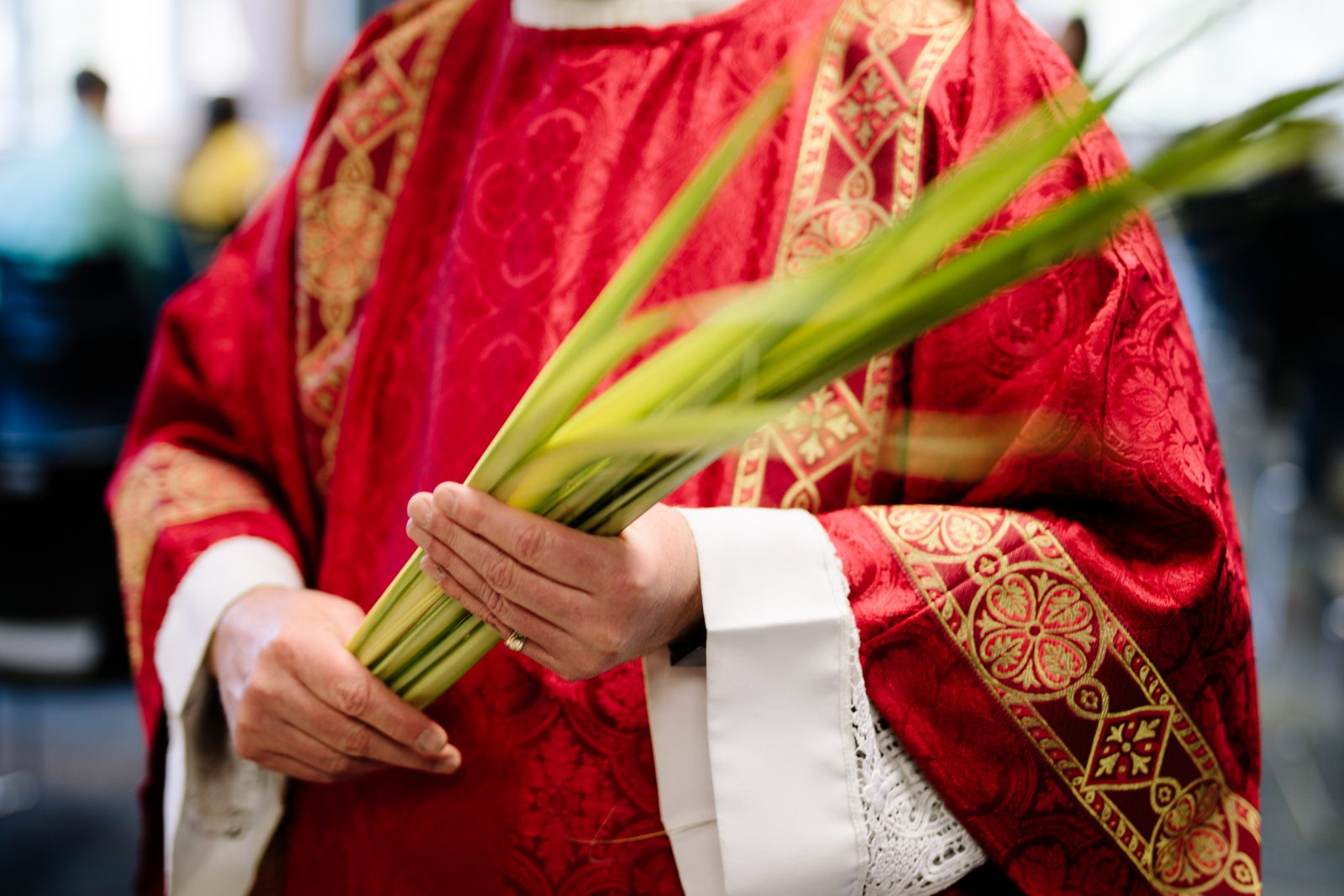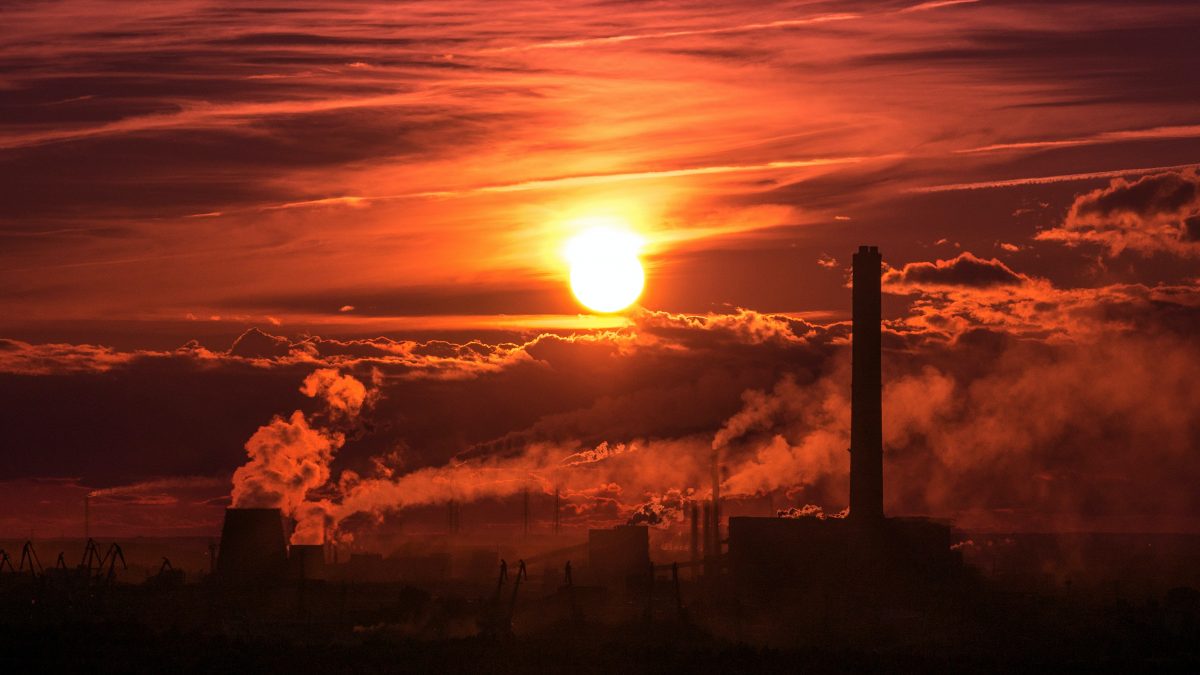
Philosophical climate-striking
September 25, 2019
Bishops, Brexit and Bullshit
October 5, 2019As a living faith, Christianity centres on two areas of teaching and understanding – what we conventionally call the interrelated doctrines of Creation and Incarnation.
The Christian view of the Creation (described in more than 20 differing biblical stories) emphasises that a Creator God initiates a process of life brought about through physics, chemistry, evolution and more, leading to an ongoing Universe which includes, amongst billions of others a planet that we call the Earth. In traditional terms, the Church names this as a creation continua, in which the glory of the divine is to be found and experienced.
This insight has to be at the core of the Christian attitude towards the environment – the whole Creation is godly (“very good”) and is the place where we encounter the holy. Or in other words the Earth is sacred and it is only by living in this world that God is revealed to us. As Tertullian put it, “we know grace through our bodies”.
That much is self-obvious, but the teaching of Creation also outlines some clear principles – wise insights we should pay attention to:
The first is that abundant life depends on interdependent relationships – chemicals interacting with minerals and organisms, competition and cooperation between species, the elements working together to engender life, and so on. Interconnectedness is at the heart of the Universe – and at the heart of a trinitarian God.
In Hebrew the expression to demonstrate this is ‘B’rith’ – often translated as ‘Covenant’ but better interpreted as ‘partnership’. The Old Testament has a number of examples. These partnerships are common expressions of mutual cooperation, evoking a modern-day sense of interdependence. Hence terms such as ‘the web of life’, biodiversity networks and ecosystems.
Secondly, such relationships call for human responsibility, living as if the future mattered and recognising the divine imprint on the whole integrity of life. As people we are therefore invited to share resources and treat the land with respect. The guidelines set out in the Torah (especially the Books of Deuteronomy and Leviticus) include working within natural limits, and maintaining regular periods of rest and re-creation (the concept of the Shabbat or Sabbath).
Thirdly, we are to be vigilant about worshipping idols of our own making and watchful of pursuing greed in place of the common good, or adopting priorities which do not fit in with a vision of a world of equal sharing. The Decalogue stands as a strong statement of wholeness which relates to both human communities and their relationship with the natural world.
All this, and more, underline this sensitively holistic approach to Creation, which would have been instinctively familiar to the communities of Jesus day in first century, Roman-occupied Palestine.
Which brings us on to the Doctrine of the Incarnation.
In many regards this has become complicated and fused with later concepts of evil and personalised salvation, but at its core it reinforces the view outlined above – that the Earth is so holy that it can become the dwelling place of God. The Creator not only energises life, but can also participate in it.
Although initially focussing on Jesus of Nazareth, incarnation is not only confined to him. The Church, for instance, understands herself and her members as the Body of Christ, and that which incarnates the love of God throughout history (though whether she lives up to this ideal is another question!). The Saints are particular embodiments of the same principle – giving flesh to the Almighty’s will in their own times.
For us to today, incarnation is about recognising the divine Spirit collaborates through our humanness as co-creators of life. What God initiates we continue… Rickard Bauckham expresses it thus: “Incarnation is participation not only in our common humanity but in common creatureliness of all creation”.
The message of Jesus who becomes the Christ, is paramount for our relating to the environment and is perhaps best summarised in his own articulation of the good news in Luke’s gospel:
The Spirit of the Lord is upon me, because he has anointed me to preach liberation for the poor, freedom for the prisoners, recovery of sight for those who cannot see and freeing the oppressed and proclaiming the year of the Lord’s favour…
This is a direct appeal to the Jubilee – that year when debts are written off, slaves are liberated, brokenness healed and land returned to its original owner (the Creator). This is the time of preventing and reversing that which endangers both the Earth and its peoples – including social inequalities and environmental damage. Instead, we are to live in ways that include the excluded, reject personal acquisitiveness and to promote ecological and social integrity – all in the name of a God of kindness and peace.
The energy that is brought about by love, care, justice and togetherness can inspire us to cooperate for the repairing of the world (what the Rabbis call ‘Tikkun Olam’) – so urgent and necessary at this time of climate emergency.
This kind of thinking, which is brought about because the divine becomes human, leads to a different kind of society – ‘a New Heaven and a New Earth’. This has not to do with any form of afterlife, but ensures that the life of this world is sustained in all its glory for generations to come.
Jesus the human one (‘Son of Man/Ben Adam’) leads the way to inhabiting our shared home respectfully, lovingly and care-fully so that all might live abundantly. His followers are to do exactly the same.
That is why we need to challenge the pervasive economic and commercial systems (principalities and powers) of our day that de-secrate the Earth, i.e. make it less holy, which are unleashing the ecological disasters of climate chaos, loss of biodiversity and deadly contamination, including plastic poisoning.
Let us live today to make a difference tomorrow for the flourishing of God’s world.
This is a summary of a short address given at an interfaith event on faith and climate organised by the Devon Earth and Faith Network (DEFAN) in Exeter on 22nd September. Martyn Goss is a fomer diocesan Environment Officer for the diocese of Exeter.




